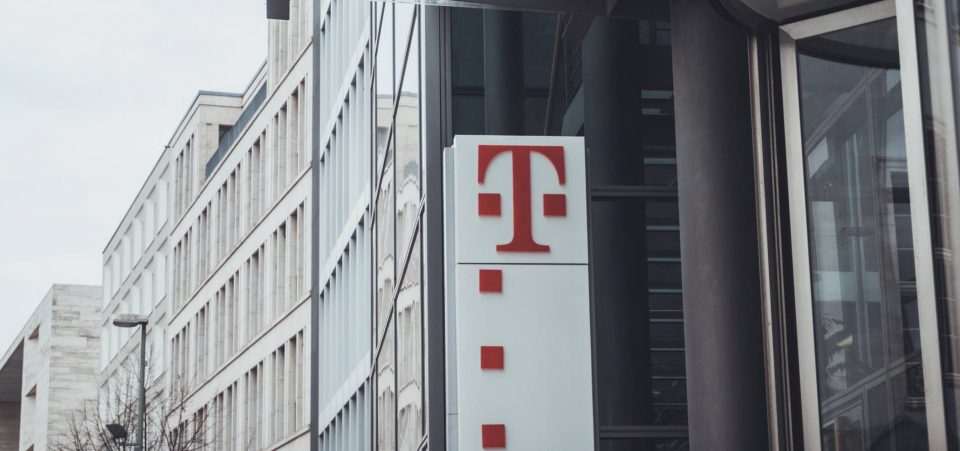High Data Users Were Targeted
When customers signed up for “unlimited” data plans at T-Mobile, they were misinformed about the nature of those plans, says the Federal Communications Commission (FCC). That is why T-Mobile has agreed to pay $48.0 million as a penalty.
According to the FCC, there was a policy in place at the company to target the most data-heavy users. The 3rd-biggest wireless carrier in the country would actually slow down their speed without telling the users when they had crossed the threshold.
In doing so, T-Mobile violated some FCC rules about disclosure. So it was not the slowing down of data speeds that was the problem, but rather the fact that T-Mobile did not disclose this possibility to customers. (Source: “T-Mobile fined $48M over slowing ‘unlimited’ data plans,” Associated Press, October 19, 2016.)
That being said, T-Mobile did start to inform customers of this possibility in the summer of 2015.
The company now carries a disclaimer on its web site saying that anyone who uses more than 26 gigabytes of data in one month could experience some slowdowns if the network is crowded.
Nonetheless, they have to pay out $48.0 million. Only $7.5 million of that will be owed in cash to the agency, with the bulk of it going to customers in the form of credits or upgrades. The remaining $5.0 million is dedicated to helping poor children gain access to the Internet.
T-Mobile will provide devices and free Internet access to children in low income districts, even to the point where those children can take those devices home with them. It is a small but important step towards levelling the playing field for those children.
While FCC spokesman Will Wiquist refused to comment on the agency’s view of T-Mobile, the company was more forthcoming. T-Mobile spokeswoman Stacey DiNuzzo reiterated the point that the company made changes last June that have proven satisfactory to the FCC.
She said that no further policy shifts were required within the firm.
T-Mobile also pointed to a tweet from CEO John Legere, where he said that it “was a good settlement with the FCC.” He also believes that “more info is best for customers.”






